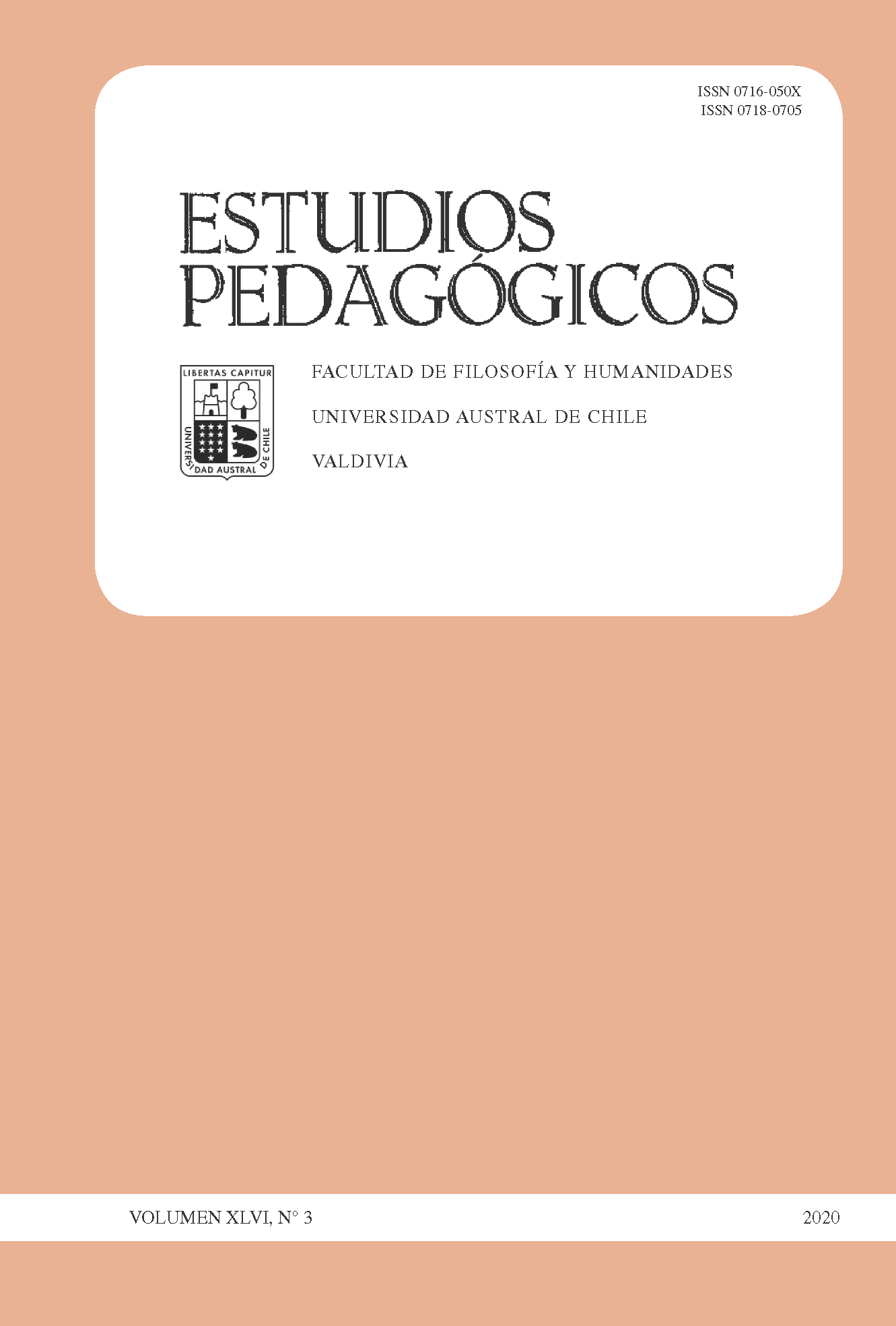Integrative project and attitudes: a hermeneutical perspective of the development of competence in teaching
Main Article Content
Abstract
Professional and Technological Education aims at professional qualification whose objective is to prepare and insert the students in the labor market and improve their professional performance. However, the role of school must be broader in order to guarantee the students integral formation. This article highlights the potential of the pedagogical practice of Professional Education in the sense of developing more than the technical contents that underlie within it, the knowledge and skills, the values and attitudes which are decisive factors of the future professional behavior. The investigation was carried out based on bibliographic research and documentary analysis and intends to demonstrate how the proposal of Integrating Projects (IP) can contribute to formation of competence, including the dimensions of knowledge, skills (knowing how to do) and attitudes (knowing how to be), being this last one, the most fragile, and the least commonly worked in comparison to the other dimensions. As the anchor curricular component of professional disciplines, the Integrator Project (IP) promotes interdisciplinary nature, corroborates with development of specific technical contents and provides opportunities to develop values and attitudes, thus fulfilling the role of school which is to guarantee students integral formation.

